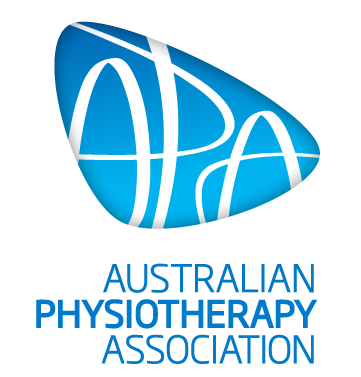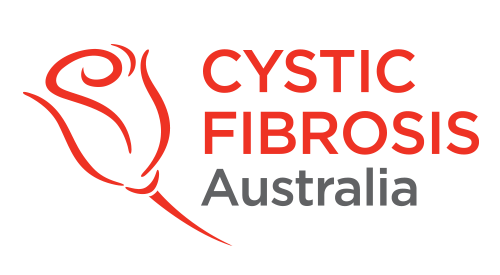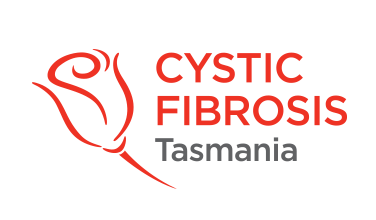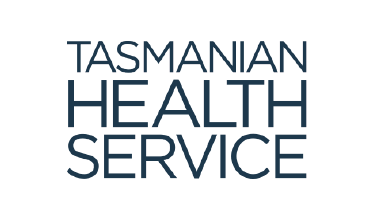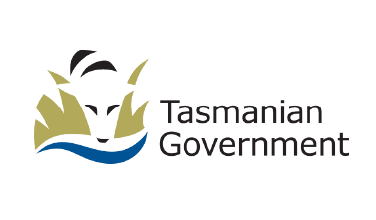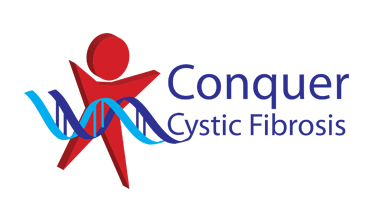What Can I Do to Help Keep My Lungs Healthy?
This information is presented in a few different ways. You can either use the different age categories to explore more resources for you and your child, or click on the below links to find out more information on physiotherapy care in cystic fibrosis for your child.
You can also visit the resource library to find other videos, airway clearance sounds, and podcasts that might interest you.
Please work together with your physiotherapist to find out what is best for you and your child as they grow. Here is some general information to support your journey.
Important ways to care for your child’s lungs:
Regular physiotherapy and physical activity.
Physiotherapy and keeping active will help your child’s lungs to develop. These activities can help prevent chest infections.
Lung hygiene is an everyday activity, just like brushing your teeth. Dental hygiene is maintenance of our teeth/oral health. Lung hygiene (physiotherapy which may be airway clearance, inhalation therapy, and exercise) is maintenance of lung/airway health. Even if your child does not have a cough, or sputum, physiotherapy will help to prevent the build-up of thick and sticky mucus in your lungs.
Making sure some physiotherapy is completed each day early in your child’s life will mean it is part of the routine, they will develop useful skills in breathing activities and exercise that will help their health in years to come. Keeping active as a family is a great way to make it part of everyday family life and is of health benefit to all family members.
It is expected that there will be times when daily treatment is difficult, and there are resources/support to help you and your child with this. Work together with your CF care team. Let them know if you or your child is struggling with the treatment program. It is usual for this to happen at different ages and stages of development. It can also be impacted by things happening in life not related to CF. Your care team, together with you and your child, can help develop strategies to get things back on track.
Physiotherapy recommended in CF includes:
- Airway clearance (including the upper airways, sinuses)
- Inhalation therapy
- Being active
- Looking after your posture
Practice good infection control.
Germs are small organisms, that people cannot see, that can make them sick. There are certain practices someone with CF, and also those who hang out with people with CF, can do to help minimise the risk of these germs multiplying in your lungs.
It is important to avoid contact with others if they are unwell, and if you become unwell and still need to care for your child practice good hand hygiene, wiping down surfaces, and cough etiquette.
Avoid smoking around babies and children.
It is good to keep an eye on your child’s health, this may be just looking at the colour or amount of sputum they produce, or cough up each day; if they don’t have any sputum it might even be their cough that changes, listen to the frequency, if it is wet; or being aware of how active they are, when they are running around at school or out on the sporting field are they keeping up with their friends or is it looking like they are working harder than others, do they get puffed more easily. It is also important to check in with their health care team, and monitor things like lung function, and all the other components of your CF care regularly.


